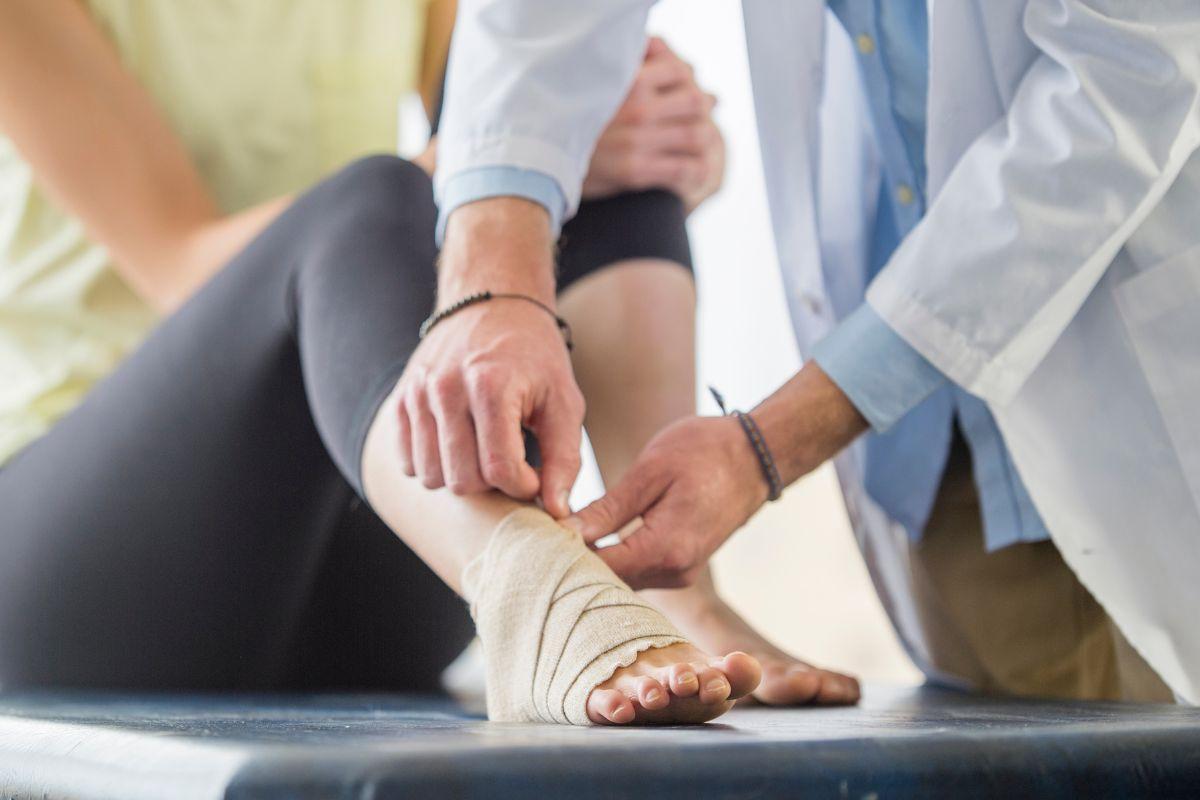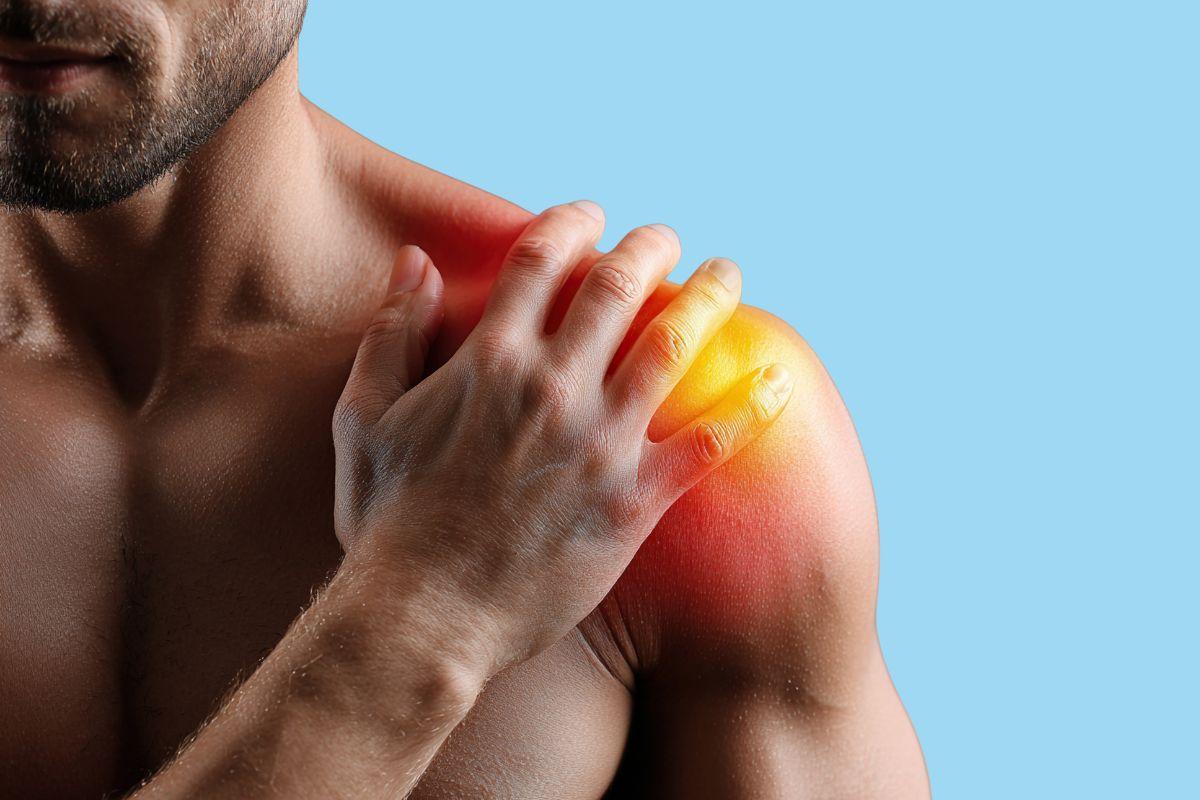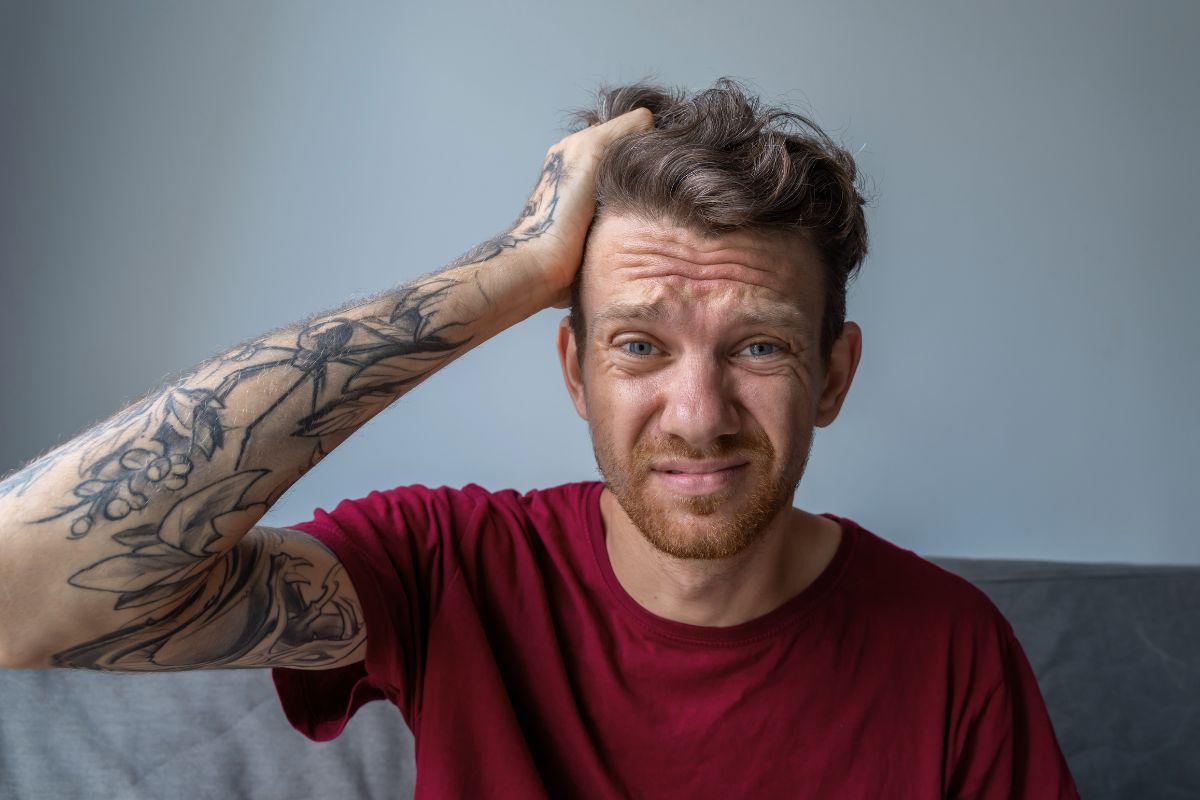What is rosacea?
Rosacea is a long term skin condition associated with facial redness and flushing. It often appears in the thirties and tends to occur more frequently in those with fair skin. Although it is common, it is still poorly understood. There are a number of factors believed to contribute to the development of rosacea. These include genetics, blood vessel abnormalities, hormonal influences, microorganisms and diet.
How might it affect me?
Rosacea is so much more than just a red face. It often begins with a tendency to flush or blush more easily. With time, sufferers may develop permanent redness of the nose and cheeks along with a multitude of other unpleasant symptoms, such as skin dryness and scaling, burning and stinging, and sensitivity to multiple skin care products.
Broadly speaking there are four different types of rosacea, but it is not uncommon for these to overlap in the same person.
Erythematotelangiectatic: Redness, flushing and dilated blood vessels.
Papulopustular: Acne-like breakouts.
Phymatous: Skin swelling and thickening e.g. of the nose (rhinophyma).
Ocular: Gritty eyes and swollen lids.
As rosacea is such a visible condition, people often describe feeling anxious or embarrassed about their appearance. This may lead to withdrawal from social situations, relationship issues and loss of self-esteem in the workplace. Some may even be too embarrassed to ask for help, or may have been turned away when seeking advice through the usual routes as the psychological impact is often underestimated.

What are the treatments?
At present there is no cure for rosacea, however there are a number of effective options that can help bring symptoms under control. The choice of treatment depends on the type of rosacea and, of course, patient preference.
If flushing is your most troublesome symptom, oral medications otherwise used for anxiety or menopausal flushing e.g. beta-blockers or clonidine, may be recommended. Avoiding triggers is also crucial for this type of rosacea and self-help advice about this is given below.
Redness and pimples may be reduced by creams or gels containing antibiotics or azelaic acid. Ivermectin cream is a newer addition to the range of topical agents for rosacea, as is brimonidine gel which improves redness by causing constriction of dilated blood vessels. If these measures do not provide sufficient relief, visible vessels can be targeted very effectively with vascular lasers.
For more severe cases of rosacea, a course of oral antibiotics may be recommended to reduce breakouts, swelling and inflammation. Courses may be repeated from time to time for recurrent flares and control can be maintained with topical prescriptions in between times. A dermatologist-only medication, known as isotretinoin, may sometimes be prescribed for stubborn cases although this is an off-license use.
When thickening of the skin occurs, your dermatologist or plastic surgeon may recommend a surgical procedure to remove excess tissue and create a more natural-looking shape.
Is there anything I can do?
The following self-help tips may be of use. For further guidance, consider seeking the advice of a dermatologist who has a particular interest in rosacea.
1. Identify and avoid triggers, such as:
- exposure to sunlight
- strong winds
- stress
- strenuous
- exercise
- caffeine
- alcohol
- spicy food
2. Beware of false or inflated promises about skin care products and get testers or samples to try at home before committing to bulk purchases.
3. Keep it simple. Ask your dermatologist to recommend a gentle cream or gel cleanser. Massage it gently into your skin morning and night and rinse off with lukewarm water.
4. Find a broad spectrum SPF 50 sun-protection moisturiser and apply it every morning, 365 days a year. UV is one of the most common reasons for rosacea to flare, even in cloudy weather.
5. Apply a soothing anti-redness moisturiser before bed.
6. There are some excellent foundations and concealers that neutralise the redness of rosacea and can really boost skin confidence. Charities such as Changing Faces can also provide advice on skin camouflage and put you in touch with others who are similarly affected.
..




